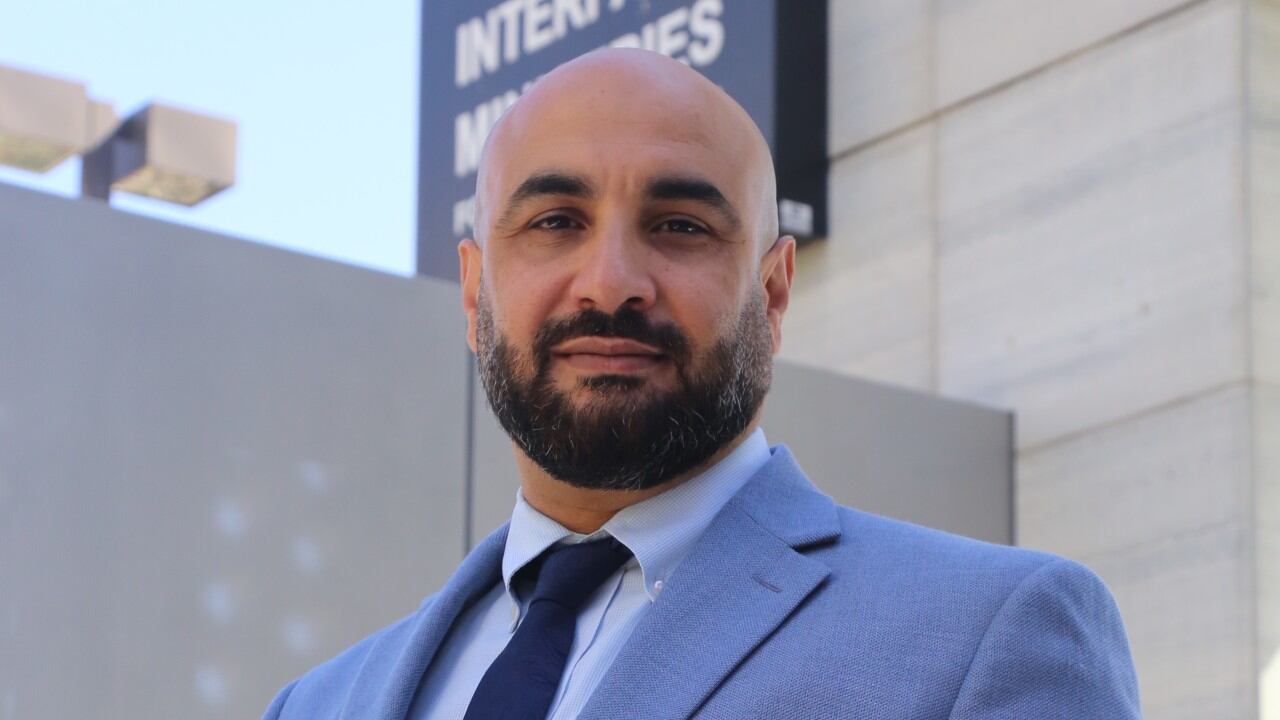When I think back on my time as an interpreter for the U.S. Army in Iraq, one incident stands out. One night, I was traveling with two dozen American soldiers when we came across an Iraqi military base. I tried to notify the Iraqis of our presence, but as we approached, I heard dogs barking and soldiers loading their guns. I realized in horror that my message hadn’t been communicated — the Iraqis thought they were under attack. As my own team began loading their own weapons, I knew I had seconds to react.
Without thinking, I ran out from cover. “Stop!” I yelled in Arabic. “I’m an interpreter! This is a U.S. military unit!” Then I asked my team to hold their fire. “Please,” I pleaded, “give the Iraqis a chance.” Flood lights blinded me and my heart thumped as I approached the men. Once I could talk to my fellow countrymen face to face, they stood down and we continued our mission.
I still cringe to think of the lives we almost lost that night — including my own.

Today, my family and I are safe in America, where I manage the refugee services program at Interfaith Ministries for Greater Houston. I have been welcoming the Afghans who fled their country after it fell to the Taliban. Many hold a special immigrant visa like me, translators for the U.S. military who averted disasters like the one that nearly befell my unit. They not only risked their lives but helped save thousands of Americans. And so I’m pleading with the American people to return the favor: we must save the lives of our Afghan allies. We are their only hope.
After the U.S. left Iraq, the dangers my family and I faced rose dramatically. My house was attacked by a grenade while my family was in hiding. Two months before we left the country, my uncle was assassinated. We all thought he was a firefighter with no connections to the U.S. military, but we later discovered he worked in intelligence. That terrified me. If his family didn’t even know, who leaked this information? Soon after we left, ISIS invaded my region and took over my house, writing “Belongs to Khelafa (Islamic State)” on the front wall. If we’d stayed, I’m certain we wouldn’t be alive today.
We arrived in Houston in 2010 and almost as soon as I received my work permit, I became a dishwasher at Salata, a salad bar chain. When a position opened at Interfaith Ministries, I became a case manager. In 2014, my wife and I also started our own interpretation business. We provide translation services in ten languages and employ three people in the U.S. My two daughters attend a Houston public school. Back in Iraq, owning a car — let alone a house — felt like an impossible dream. Today we own a home and two cars. But it’s all part of the American refugee experience. We are more likely to start a business than U.S. born citizens or other immigrants, and nearly 60 percent of us are homeowners, according to New American Economy. We also pay billions in taxes and become well established over time — earning a higher median income than the American average after 25 years in the country.
Unfortunately, during the prior administration, refugee resettlement fell to a record-low of 15,000, and our funding was slashed. Offices that resettled fewer than 100 people had to close. Others cut key programs or laid off staff. In 2018, we had just three staff members for 600 arrivals. Now with 67,000 recent arrivals to the U.S. from Afghanistan, we desperately need more staff and resources. Interfaith Ministries recently hired four case workers who speak Farsi, Dari, and Pashto, but we could be doing more. We need the current administration to shore up funding for organizations like ours and help us rebuild capacity. I often receive texts from refugees after they’ve been promoted or purchased their first home. Recently, a blind Somali client got a procedure to fix his eyesight. With the right support, we can give people hope again — and ensure they’re successful here.
When I look at my two little girls, I’m filled with gratitude that we made it out of Iraq alive. Our Afghan allies deserve the same protection. After that near deadly mission in Iraq, an American officer wrote me a letter, thanking me for the role I played in bringing two dozen American soldiers home safely. I wouldn’t hesitate to do it again. I know my fellow interpreters from Afghanistan feel the same. Let’s not let them down.
Ahmed Mushref is the refugee services program manager for Interfaith Ministries for Greater Houston and a former translator for the U.S. military in Iraq.
Editor’s note: This is an Op-Ed and as such, the opinions expressed are those of the author. If you would like to respond, or have an editorial of your own you would like to submit, please contact Military Times managing editor Howard Altman, haltman@militarytimes.com.





